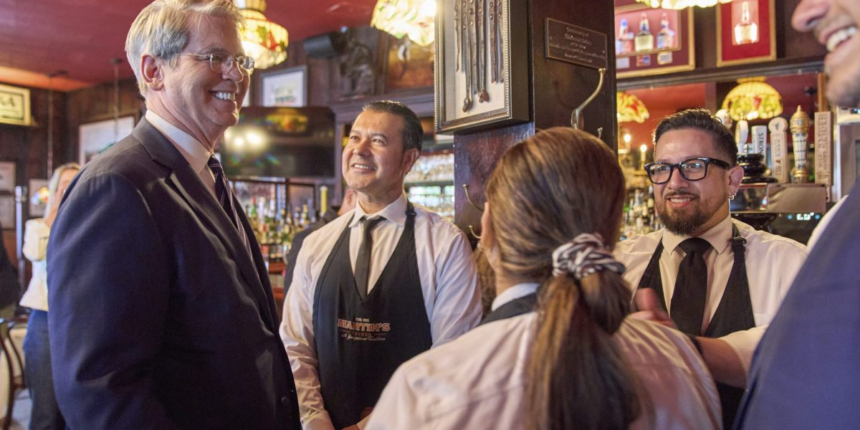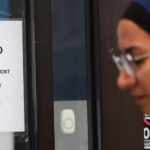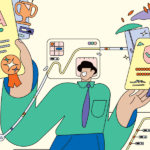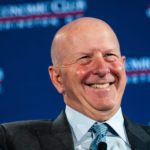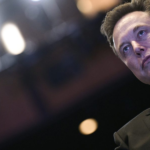They are broken down into eight categories, including beverage and food service; entertainment and events; hospitality and guest services; home services; personal services; personal appearance and wellness; recreation and instruction; and transportation and delivery.
Among other jobs exempted from tax on tips are sommeliers, cocktail waiters, pastry chefs, cake bakers, bingo workers, club dancers, DJs, clowns, streamers, online video creators, ushers, maids, gardeners, electricians, house cleaners, tow truck drivers, wedding planners, personal care aides, tutors, au pairs, massage therapists, yoga instructors, cobblers, skydiving pilots, ski instructors, parking garage attendants, delivery drivers and movers.
A report from the Budget Lab shows that the effects of the law would be small, given that tipped workers tend to be lower income. More than 37% of tipped workers, or over one third, earned income low enough that they faced no federal income tax in 2022.
“The larger and far more uncertain effect would stem from behavioral changes incentivized by the bill, such as substitution into tipped employment and tipped income, which would increase the bill’s overall cost,” states the report, which was written by Ernie Tedeschi, the director of economics at the Budget Lab.
Only tips reported to the employer and noted on a worker’s W-2, their end-of-year tax summary, will qualify. Payroll taxes, which pay for Social Security and Medicare, would still be collected along with state and local taxes.


